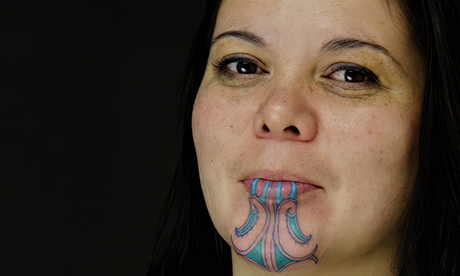Taranaki Whānui is eying St Mary of the Angels and St Patrick’s College Silverstream land as way of giving meaning to the Vatican disowning the Doctrine of Discovery.
The Doctrine is a 15th-century policy backed by “papal bulls” that legitimised the colonial-era seizure of Native lands.
The New Zealand Catholic Bishops say they have been carefully considering calls in recent years by Māori leaders for the Catholic Church to reject the Doctrine of Discovery.
On Friday, the Conference said that it welcomed the Vatican’s move to disown the Doctrine.
“In the 21st Century, we abhor the kind of belief that one group of people is superior to another and reject it absolutely,” New Zealand’s bishops say in a statement.
“We say to the Māori leaders who asked us to reject the Doctrine and to all other people of this country that we reject it absolutely and without reservation.
“Such a doctrine has no place in our world and should not be part of any discourse about this country’s future directions.”
Aotearoa indigenous rights advocate Tina Ngata (pictured) says that Māori want the bishops “to take ownership of the impacts of the doctrine and work to reverse the ideology of white supremacy it initiated.”
“The Crown here in Aotearoa also needs to reject the doctrine and remove its application in our legal frameworks.”
Taranaki Whānui chairperson Kara Puketapu-Dentice described the Vatican’s move as a “good first step.”
Puketapu-Dentice said it would be working with the Catholic archdiocese in Wellington “as we seek to give meaning to the words,” including looking at returning Catholic lands to Māori.
He hoped the New Zealand government was paying heed to the change and would take action, including updating the education curriculum.
Te Kāhui Tika Tangata Human Rights Commission indigenous rights governance partner Claire Charters said the rejection showed the Vatican was finally acknowledging its legacy of racism and dispossession of indigenous people, including Māori.
“The Doctrine of Discovery underpinned the idea that indigenous peoples were not human and thus European powers were free to colonise perceived empty territories.”
The move to reject the Doctrine of Discovery came after Pope Francis visited Canada last year.
In Late September 2022, CathNews reported the Vatican and Canadian Bishops were working together to develop a Papal statement.
The Doctrine’s repudiation was formally announced in a joint statement from the Vatican’s dicasteries for Culture and for Integral Human Development.
“Never again can the Christian community allow itself to be infected by the idea that one culture is superior to others, or that it is legitimate to employ ways of coercing others,” writes Pope Francis.
The Vatican statement acknowledges the Church’s past failings.
It also admits that over the course of history, “many Christians have committed evil acts against indigenous peoples for which recent Popes have asked forgiveness on numerous occasions.”
It stressed its commitment to efforts aimed at healing and reconciliation.
Source
